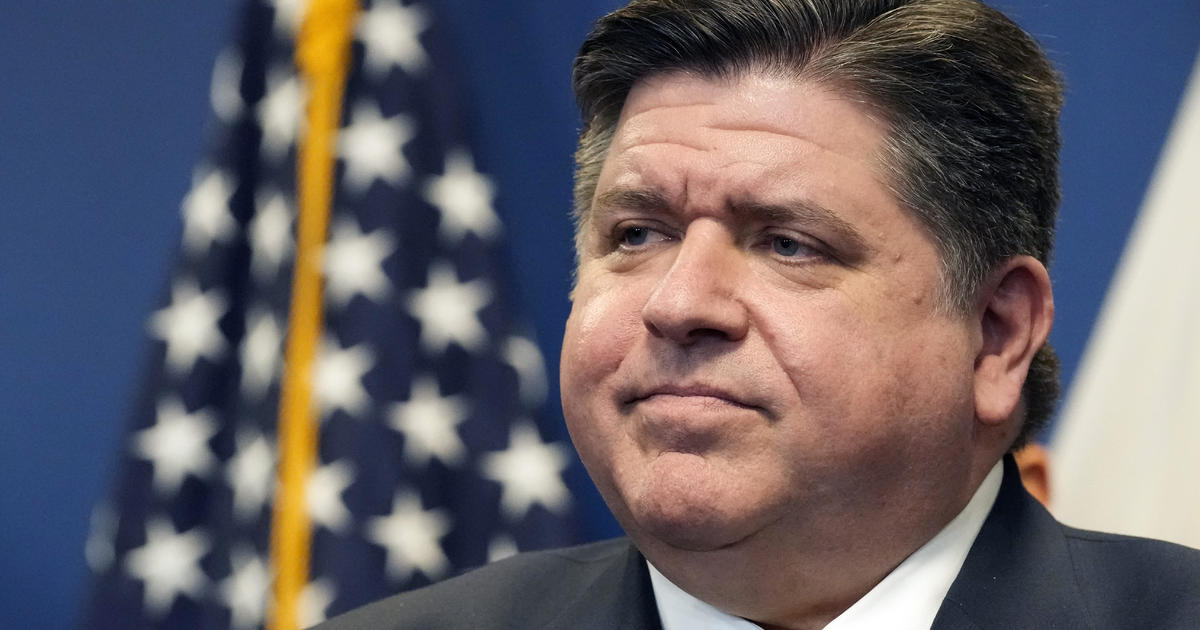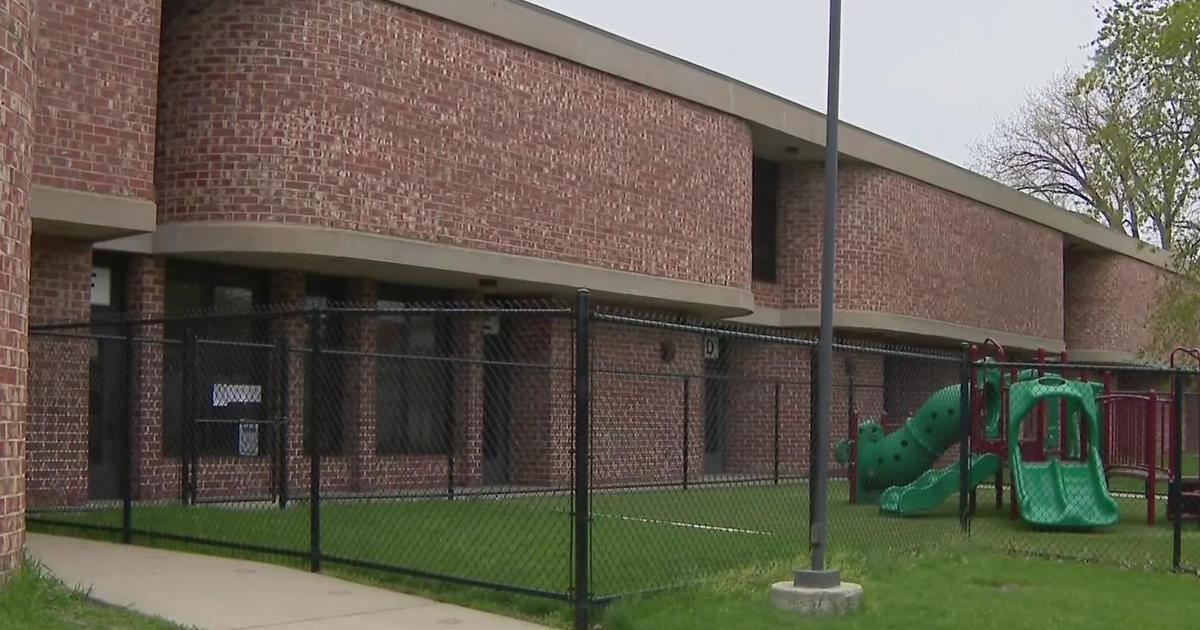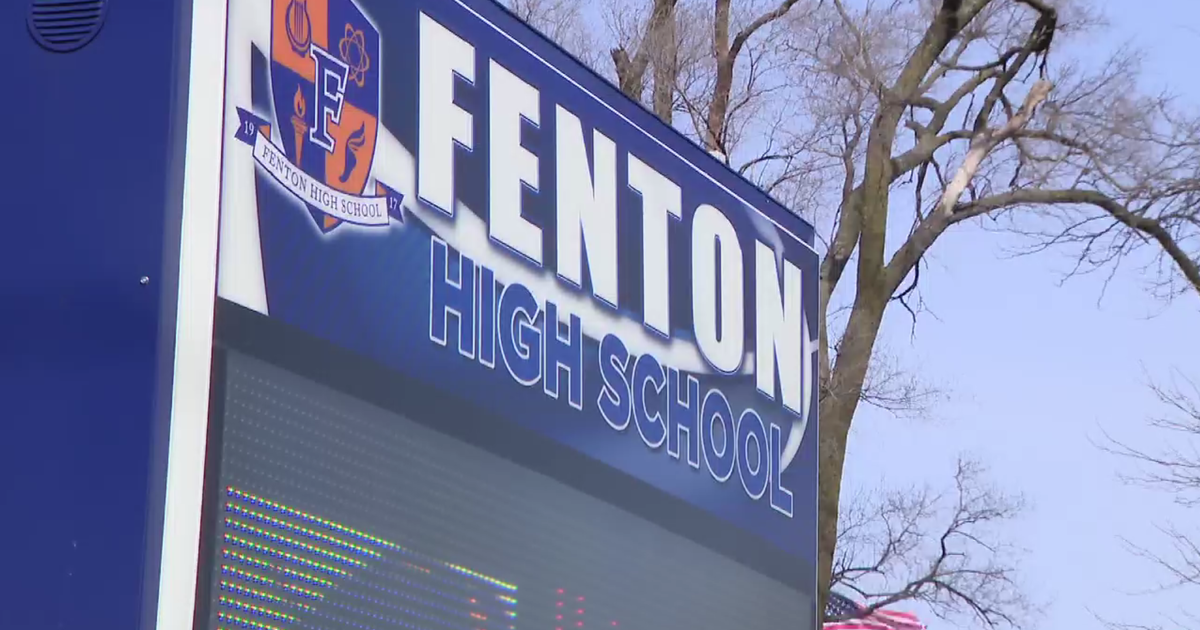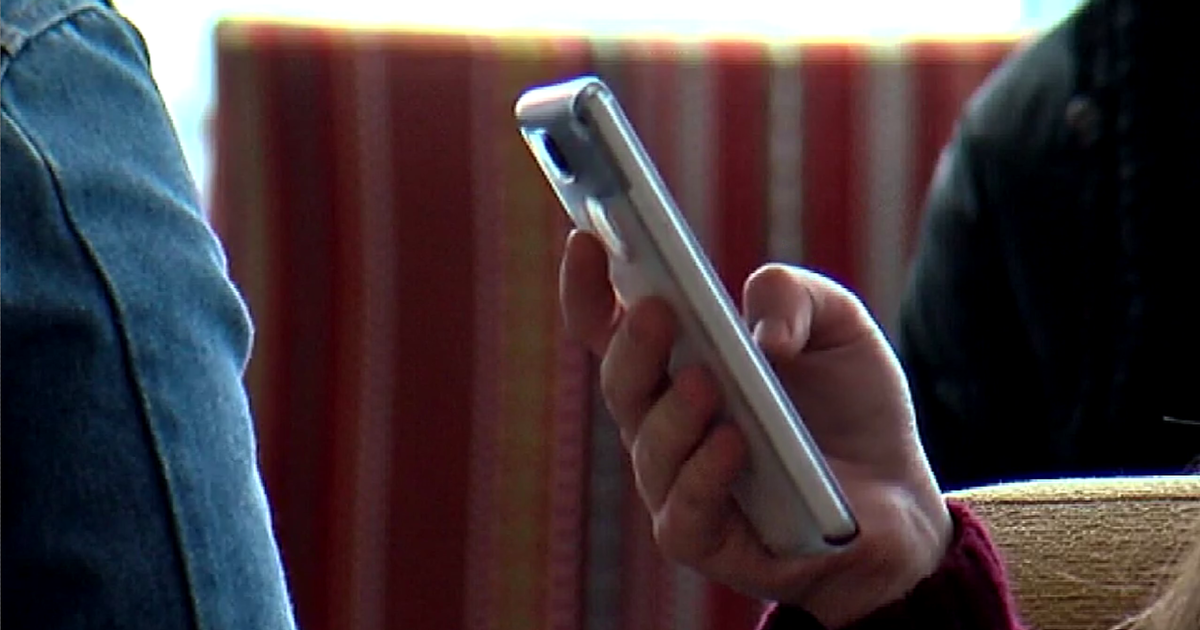Gov. JB Pritzker Defends Decision To Keep High School Football On Hold Until Spring
CHICAGO (CBS) -- Despite continued angry protests from many students and parents, Gov. JB Pritzker reiterated Wednesday that he is not willing to allow high school football to be played this fall, citing expert opinions that there is still too much risk of further spreading COVID-19.
"Look, I'm not a scientist, but I do know how to listen to the experts and follow the latest data. I've always promised to do that, and I've always promised to be transparent about that, and I always will do that, no matter the political pressure. Under no circumstances will I put children and their families at risk," Pritzker said Wednesday afternoon.
In Illinois, high school football and two other traditional fall sports programs have been moved to the spring, but many parents and students have repeatedly asked the governor to allow football to resume this fall. Nearly every night this week, rallies are slated around Chicago and its suburbs; a plea for sports, normalcy and practical play.
Pritzker said he's not willing to allow high school football to resume this fall, given that there's still no vaccine or reliable treatment, and that the upcoming flu season could put the entire country at risk of another wave of COVID cases.
"This is a pandemic. This is a terrible and unprecedented moment in our country. Living together in a free society means neighbors protecting each other so that we can all enjoy freedom and safety," he said.
Dr. Mike Lin, an infectious disease specialist at Rush University Medical Center, said he has two children who play sports, so the topic is deeply personal to him, but he said there's no practical way to prevent COVID outbreaks from happening in high school contact sports like football.
"Contact team sports such as football and hockey can become super-spreading events very easily. Just one youth athlete showing up with the virus can start a chain reaction spread that can quickly threaten an entire team," he said.
He also noted that even off-field activities like using locker rooms, working out in gyms, and traveling together also provide increased risk of spreading the virus
"With every youth athlete, there is a parent, or maybe a sibling or a grandparent, who may be at risk for terrible outcomes from COVID-19 disease," he said. "Youth sports do not operate in a vacuum, and if COVID-19 spreads among our young athletes, it becomes a risk for our entire community."
While the NFL has started its 2020 season, and Big Ten has announced its football season will begin in late October, Pritzker stressed that high school sports programs don't have the funding to provide the same kind of testing capacity that professional and college sports leagues are relying on to keep players safe.
"Remember that these programs are operating with daily testing, or in a league-created bubble, or with facilities that allow for outsized social distancing, and are sanitized every day; and in some cases, all of those precautions have been taken. That's not what's available to the vast majority of young people who play sports in Illinois," the governor said.
"If you could put a bubble around each one of these teams, for example, at high schools, and you could provide the same kinds of services, perhaps high schools could do that," he added.
The governor's defense of his decision to keep high school football on hold comes as the state announced 1,941 new confirmed cases of COVID-19, including 35 additional deaths.
Since the start of the pandemic, the Illinois Department of Public Health has reported a total of 266,151 cases, including 8,367 deaths.
The new cases reported Wednesday came as IDPH reported 52,311 new tests, for a one-day positivity rate of 3.7%. The statewide seven-day average positivity rate for Illinois also stands at 3.7%, down from 4.5% two weeks ago.
However, Pritzker said the state's dropping positivity rate alone is not enough for him to give the okay to restarting high school football.
While many other high school sports programs have made adjustments to allow kids to play with a lower likelihood of spreading the virus, Pritzker said, "Some sports, like youth football, are more difficult and offer a higher likelihood of transmission."
The governor said Illinois already has seen a number of outbreaks linked to youth sports programs that have infected dozens of players, coaches, and family members.
"We all want our kids to be able to play sports. We all want our kids attending in-person at school. And we all wish that this pandemic were over. Unfortunately, until we're able to make that third wish come true, our ability to make progress on the first two is somewhat limited," he said.
Every other state around Illinois has allowed high school football to be played this fall, but Pritzker has said that alone won't sway him to change his mind.
Illinois Department of Public Health Director Dr. Ngozi Ezike said the state will monitor what happens in neighboring states that are allowing high school football to see what happens, but she stressed that contact sports carry an inherent risk of spreading the virus.
"The science is the same for sports as it is for restaurants, meetings, nursing homes, you name the situation. The more people you are around, the closer you are to them, and the longer you are around them, the greater the risk of transmitting COVID-19," she said.
She also said she and other public health officials want to find a way to allow all youth sports programs to go forward as soon as it's safe to do so.
"We want to find a route to get there. We want to do it as safely as possible, minimizing the numbers of lives that will be lost as a result of some of these very consequential decisions," she said.






